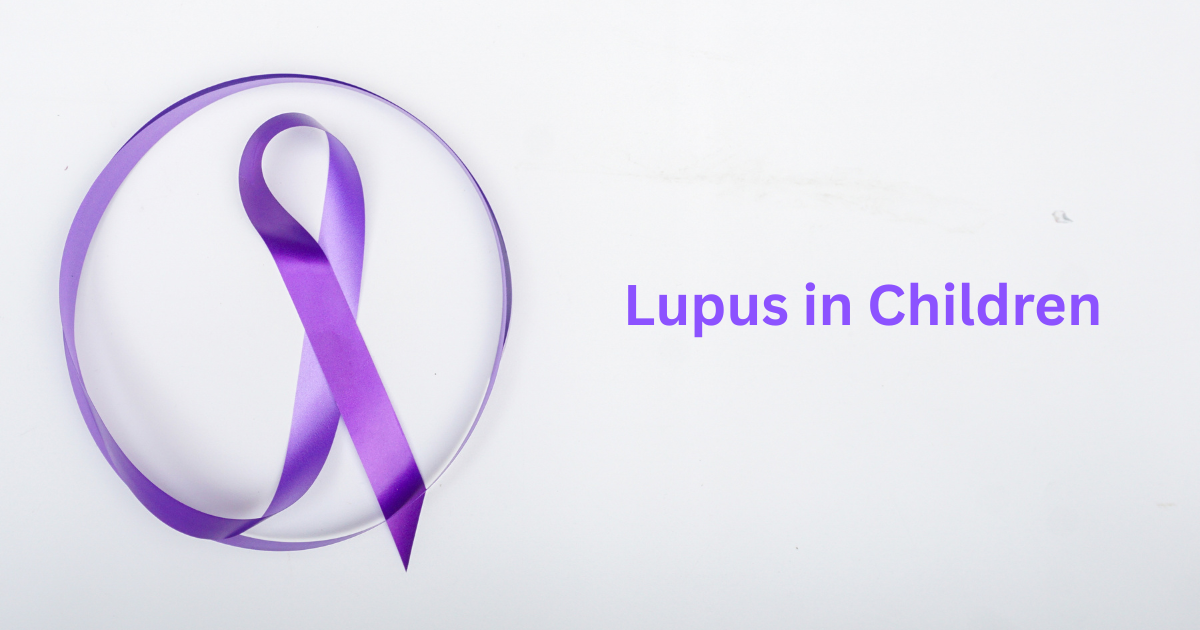Being diagnosed with Psoriatic Arthritis (PsA) in your 30s can feel overwhelming. This is often the decade when people focus on career growth, raising a family, and planning long-term goals. But living with a chronic autoimmune disease like PsA brings unique physical and emotional challenges that affect all these aspects of life. The good news? With the right knowledge, treatment, and lifestyle adjustments, it’s absolutely possible to lead a fulfilling and balanced life.
Career: Managing Work with Psoriatic Arthritis
Your 30s are often seen as a critical time for career advancement, but PsA symptoms like joint pain, stiffness, fatigue, and brain fog can disrupt your daily workflow.
Tips to manage PsA at work:
- Be open with your employer (if comfortable): You don’t need to disclose your full medical history, but informing your HR or supervisor can lead to helpful accommodations.
- Ergonomic changes: Use a standing desk, ergonomic chair, or supportive mouse and keyboard to reduce joint strain.
- Flexible schedule: Request remote work or flexible hours, especially on flare-up days.
- Take breaks: Short, regular breaks to stretch or move can prevent joint stiffness and fatigue.
Remember: Psoriatic Arthritis is covered under many disability rights laws. You have the right to ask for reasonable workplace accommodations.
Family Life: Balancing Relationships and Responsibilities
Managing family roles — whether you’re parenting, maintaining a relationship, or caring for elders — can be difficult when living with chronic pain or fatigue.
Strategies for family well-being:
- Communicate openly: Talk to your partner or family about your symptoms and needs. Honest conversation prevents misunderstandings.
- Delegate tasks: You don’t have to do everything. Assign or rotate household duties when your body needs rest.
- Teach your kids empathy: If you’re a parent, involve your children in age-appropriate tasks and help them understand your health condition.
- Plan low-energy activities: On flare-up days, spend quality time with family through board games, storytelling, or short outdoor breaks.
PsA doesn’t stop you from being a great partner, parent, or caregiver — it just requires smarter planning and more kindness to yourself.
Health: Managing Symptoms Psoriatic Arthritis in Your 30s
In your 30s, your body still has strong healing potential — but managing PsA requires a proactive, holistic approach.
1. Medication adherence:
- Stick to your prescribed treatment plan. Whether it’s NSAIDs, DMARDs, biologics, or other therapies — regular medication helps prevent joint damage.
2. Exercise smartly:
- Low-impact exercises like swimming, yoga, or walking improve flexibility and reduce stiffness.
- Avoid high-intensity workouts during flare-ups, and listen to your body’s signals.
3. Eat an anti-inflammatory diet:
- Include foods like leafy greens, berries, fish rich in omega-3, turmeric, and whole grains.
- Reduce processed foods, red meat, sugar, and alcohol, which may trigger inflammation.
4. Mental health support:
- Depression and anxiety are common among PsA patients. Therapy, meditation, or support groups can be helpful.
Don’t hesitate to seek professional mental health help — emotional wellness is part of PsA care.
Lifestyle Habits That Make a Difference
- Sleep 7–9 hours: Quality rest is essential for healing.
- Hydrate well: Joints need lubrication, and staying hydrated reduces fatigue.
- Avoid smoking: Tobacco can worsen inflammation and reduce medication effectiveness.
- Limit alcohol: Alcohol can interfere with PsA medications and increase liver strain.
Building a Support System
You don’t have to go through this journey alone. Find people who understand.
- Join PsA support groups — online or local.
- Follow credible PsA communities and doctors on social media for updates and motivation.
- Talk to others with chronic illnesses — shared experiences help lighten the burden.
Final Thoughts
Living with Psoriatic Arthritis in your 30s isn’t easy — but it’s far from hopeless. With medical guidance, smart choices, and emotional resilience, you can build a lifestyle that supports both your goals and your health.
This stage of life can still be powerful, productive, and joyful. Take one step at a time, give yourself grace, and celebrate the wins — big or small.




